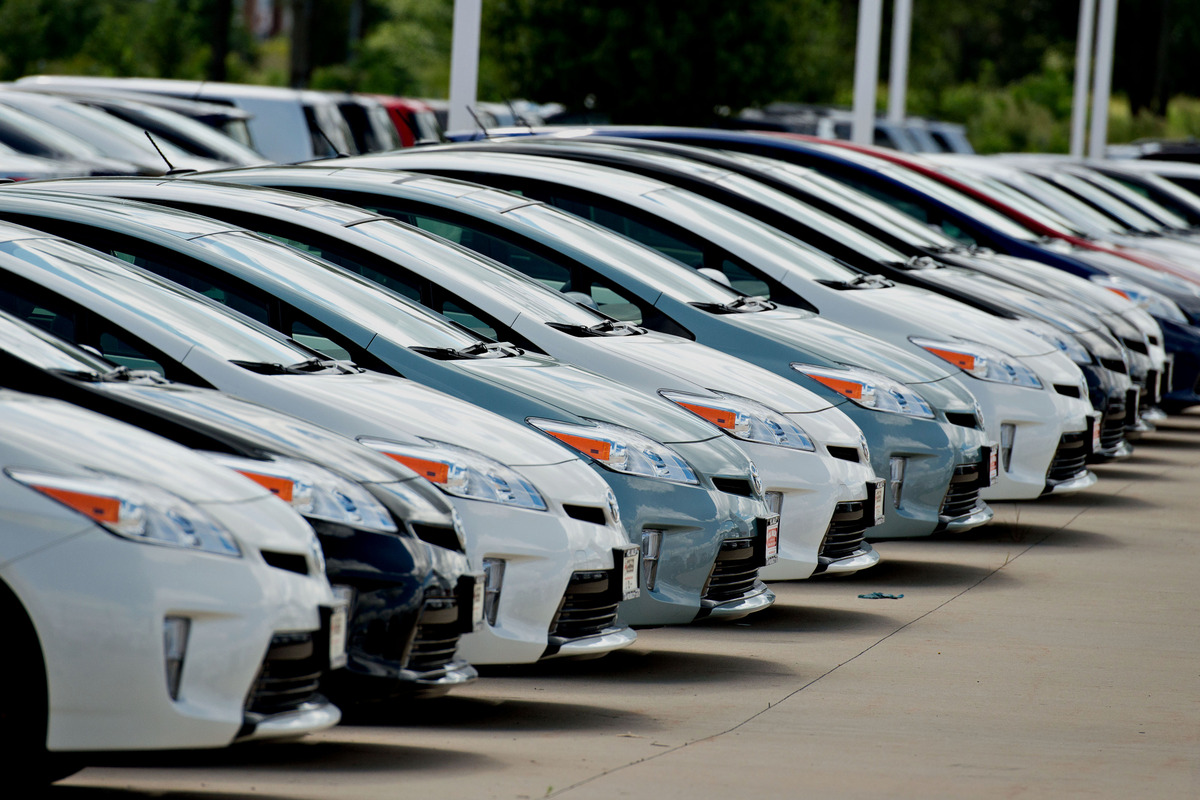- Customs Suspend Import Duty Payment on Old Vehicles
The Nigeria Customs Service on Wednesday announced the suspension of the implementation of the payment of import duties on old vehicles.
The suspension is in compliance with an earlier directive by the Senate that the policy, which has generated controversies, should be suspended.
A statement by the Acting Public Relations Officer, NCS, Mr. Joseph Attah, stated that suspension of the policy would remain until the service got the support of the lawmakers in carrying out the exercise.
The statement read in part, “Following the unnecessary tension generated as a result of the misconception and misrepresentation of the Nigeria Customs Service’s planned motor duty payment, the leadership of the National Assembly and the Comptroller-General of Customs, Col. Hameed Ali (retd.) met with a view to resolving the impasse.
“They both agreed that the proposed motor duty payment, though in line with the provision of the Customs and Excise Management Act Cap C.45, LFN 2004 should be put on hold while the Senate Committee on Customs and Excise interfaces with the NCS for further discussions.
“While payment of duty on vehicles or indeed any dutiable imported item remains a civic responsibility of every patriotic Nigerian, the NCS management has directed that the exercise be put on hold, while expressing readiness to engage the Senate committee on further discussions to bring them on board to understand the importance of the exercise to national security and economy.”
Meanwhile, the Association of Motor Dealers of Nigeria has called for the reduction in the duty levies and tariffs on imported vehicles.
Addressing journalists in Abuja on Wednesday, the AMDON President, Bola Adedoyin, noted that the current levies and duties being paid on imported vehicles had made such vehicles too expensive for Nigerians.
He said, “We wish to inform the public that what we should be clamouring for is a general consensus for the reduction of duty tariff and levies, which is not the making of the Nigeria Customs Service, but rather an unpopular policy of the National Automotive Development Council tagged the automotive policy.
“This policy is what brought us to this position we are now. All in an effort to make imported fairly-used vehicles, popularly called Tokunbo, unaffordable, thereby forcing Nigerians to patronise the unaffordable assembled vehicles in Nigeria.”
He added the move by NCS to collaborate with Federal Inland Revenue Service among other agencies on enforcement of the Vehicle Identification Number would eventually block the registration of all vehicles on whose duties were not paid in the near future.
“AMDON is working on automation of all members to eventually interface with the NCS so that potential vehicles buyers will have the opportunity to verify the authenticity of duty payment before purchase, which will be through the AMDON automated verification stickers,” Adedoyin added.

 Naira4 weeks ago
Naira4 weeks ago
 Naira4 weeks ago
Naira4 weeks ago


 Naira4 weeks ago
Naira4 weeks ago




 Naira3 weeks ago
Naira3 weeks ago
 Commodities4 weeks ago
Commodities4 weeks ago


 News4 weeks ago
News4 weeks ago


 Banking Sector4 weeks ago
Banking Sector4 weeks ago
 Travel4 weeks ago
Travel4 weeks ago
























